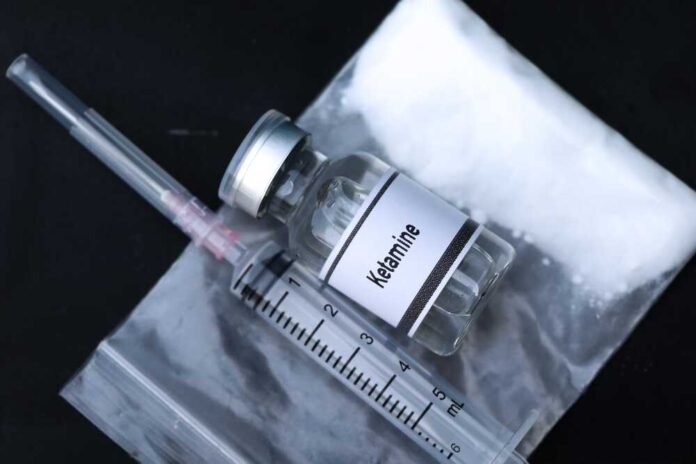According to a new study, the drug ketamine could be a viable alternative to electroconvulsive therapy (ECT) for those suffering from treatment-resistant depression, UPI reported.
Patients with major depression who are resistant to medication or therapy are sometimes treated with ECT.
However, researchers studying intravenous ketamine as a possible anti-depressant say the results of the new study comparing the results of patients treated with ECT and those treated with ketamine were nothing short of surprising.
The principal researcher in the study, Dr. James Murrough of Mout Sinai’s Icahn School of Medicine in New York said while the study didn’t assess if ketamine is better than ECT in treating depression, “by the numbers,” the drug “performed very well.”
The researchers studied patients who do not suffer from psychosis but have not been helped with their depression by two or three earlier treatments.
According to Dr. Murrough, the primary takeaway from the study is that ketamine is something doctors should consider as an alternative to ECT.
The study, which was conducted from March 2017 until September 2022, included 403 patients who were randomized to either receive ECT three times a week or ketamine twice a week for a total of three weeks. The patients’ progress was then followed for six months after the three-week treatment.
Study participants then completed a questionnaire on their symptoms of depression, including quality of life questions and memory tests.
For those receiving ketamine, over half (55 percent) reported at least a 50 percent improvement in their symptoms and an improvement in their quality of life six months later. Meanwhile, 41 percent of those treated with ECT reported the same.
Side effects for the patients receiving ECT included some memory loss and musculoskeletal issues. Patients on ketamine reported no side effects except a sense of transient disassociation during the treatment.
While the FDA approved ketamine for use as a general anesthetic and sedative/analgesic, the drug is not approved as an anti-depressant.
Dr. Murrough said one concern about ketamine is that it “does have abuse potential” and it is not clear how long a patient can use ketamine to treat depression.














